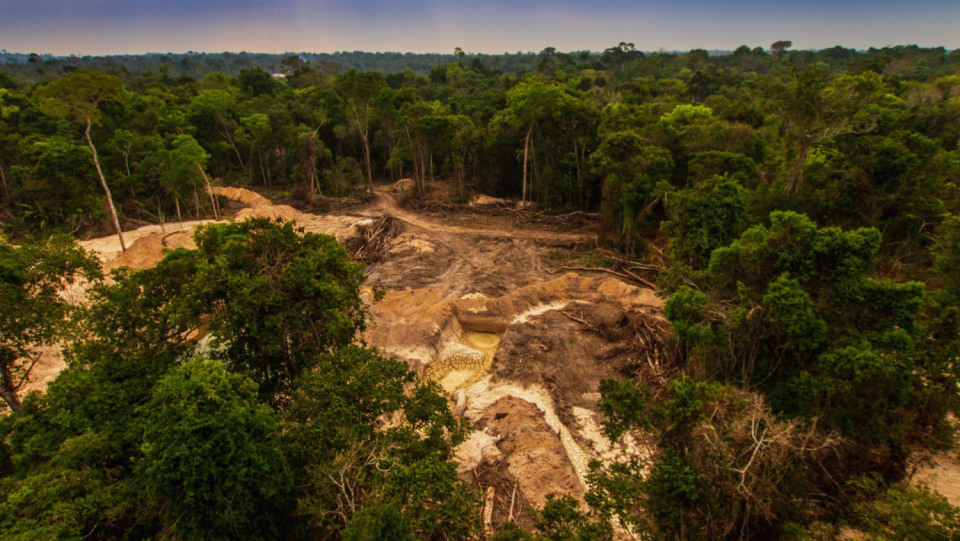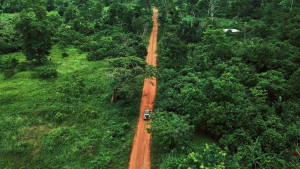In the past 60 years, the forest area has shrunk considerably: With the global world population at the same time, the forest area per capita has decreased by almost two thirds. This is reported by a team around Ronald Estoque from the Forestry and Forest Products Research Institute (FFPRI) in Tsukuba, Japan. The results of the research group have now been published in the specialist journal »Environmental Research Letters«.
Estoque's team analyzed global land use datasets created between 1960 and 2019. This showed that 437.3 million hectares of forest had been lost and 355.6 million hectares had been added during this period. In total, 81.7 million hectares of forest disappeared – an area larger than the entire island of Borneo. While 60 years ago there were 1.4 hectares of forest per person, the number shrank to 0.5 hectares in 2019. The largest decline was recorded by middle- to low-income nations. In contrast, the world's highest-income regions gained the most forest area. The results thus support the »Forest Transition« theory, according to which changes in forest areas are closely related to the socio-economic development of a country.
According to Estoque and his team, it is now up to the high-income nations to import fewer goods from tropical regions for which trees are cut down. At the same time, low-income countries would have to be supported in maintaining their mostly tropical forest areas.



















